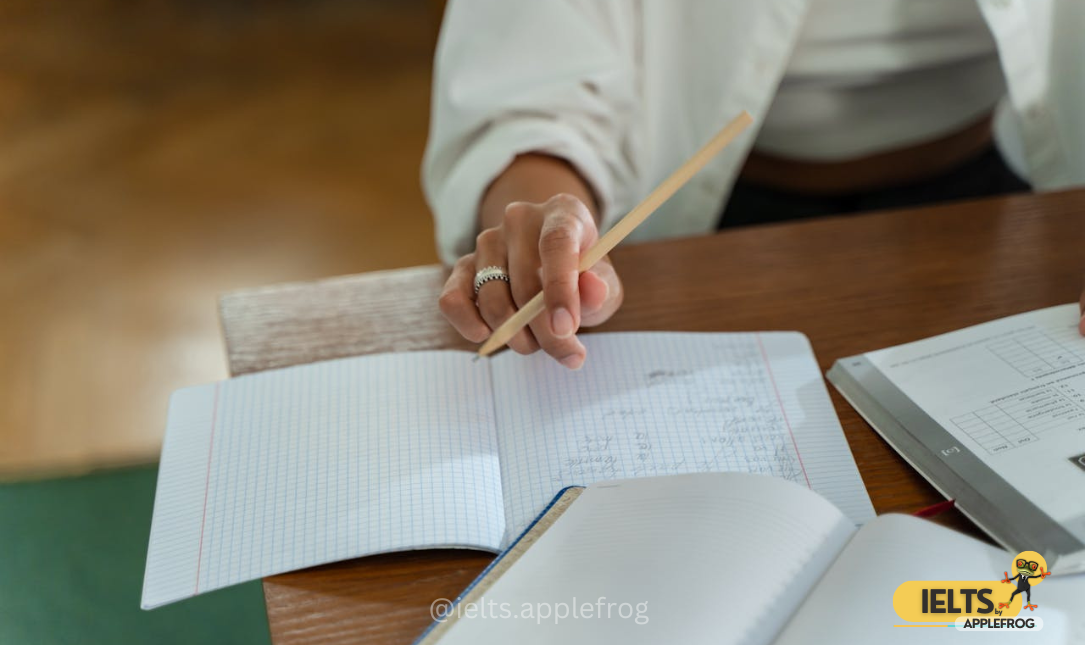
If you’re preparing for the IELTS exam for the first time, one question is probably on your mind: “Can I score a band 7 or higher?” The answer is, yes, it’s absolutely possible! But it does require daily practice and a disciplined approach to your preparation.
To ensure success, you’ll need to focus on all aspects of the test—especially your vocabulary and grammar. To help you ace the IELTS Listening Module, here are some effective tips to guide your preparation.
Tips for the IELTS Listening Module
1. Struggling with Listening Skills?
For many non-English speakers, understanding spoken English can be a challenge. With various accents featured in the IELTS listening test (British, Australian, etc.), it’s easy to feel overwhelmed.
How to Improve:The key to improving is consistent practice. Go beyond test materials and listen to English content daily. Watch TV shows, movies, and videos on the internet. You can start with subtitles if needed, but eventually, try without them. This will help you get accustomed to different accents and conversational tones.
2. Weak Vocabulary Holding You Back?
Vocabulary plays a crucial role in IELTS, and unfamiliar words in the audio can easily trip you up.
How to Improve:Make it a habit to learn new words daily and actively use them in your conversations. This will not only boost your vocabulary but also improve your confidence in understanding the diverse topics covered in the listening test.
3. Skipping the Questions Beforehand?
Before the audio starts, you’re given time to read the questions. Are you using this time wisely? If not, you’re missing out on a golden opportunity to prepare yourself mentally for what’s coming.
How to Prepare:Always read the questions carefully before the audio begins. This gives you a clue about the type of information to listen for—whether it’s a name, a number, or an action. It helps you stay focused and anticipate the answers.
4. Easily Distracted During the Test?
Do you find yourself losing focus during the test? This can be a big problem, as the audio is played only once. If you miss something, you won’t get another chance to hear it.
How to Stay Focused:Be fully present from start to finish. Avoid distractions and stay tuned to every detail in the audio. Remember, this section requires multitasking—you’ll need to listen, read, and write simultaneously. Practice this skill during your preparation to avoid losing marks.
5. Writing Too Quickly?
Are you rushing to write your answers as soon as you hear something? While it’s good to stay on track, this approach could lead to mistakes or missed details.
How to Improve:Listen to the entire sentence before writing your answer. Sometimes, the right information comes later in the sentence. Use the 30 seconds provided after each section to review your answers for spelling, grammar, or other errors. Even small mistakes can cost you valuable marks.
6. Struggling with Speed?
Sometimes the pace of the audio can feel too fast, making it hard to catch all the details.
How to Adapt:Practice listening to faster audio clips and train your ears to adapt. Gradually increase the playback speed of podcasts or videos during your practice sessions to build your ability to process information quickly.
7. Ignoring Synonyms?
The IELTS test often uses synonyms instead of repeating the exact words from the questions in the audio.
How to Prepare:Familiarize yourself with synonyms and paraphrasing. This will help you identify the right answers even if the exact words aren’t used in the recording.
8. Difficulty with Numbers and Dates?
Some students struggle with accurately catching numbers, dates, or other specific details.
How to Improve:
Focus on practicing with audio clips that include numbers, dates, and times. Note down such details while listening and cross-check to ensure accuracy.
9. Not Utilizing Answer Sheets Properly?
Transferring answers to the answer sheet can often result in errors or mismatches.
How to Avoid Mistakes:Use the 10 minutes provided at the end of the test wisely. Double-check your answers for spelling, grammar, and proper placement on the sheet.
10. Relying Solely on Practice Tests?
While practice tests are crucial, they shouldn’t be your only resource for preparation.
How to Expand Your Skills:Complement practice tests with real-world listening exercises. Engage with diverse content like news broadcasts, podcasts, and casual conversations to enhance your listening abilities comprehensively.
Scoring a band 7 or higher in IELTS is achievable, but it requires focused effort, practice, and the right strategy. By sharpening your listening skills, building your vocabulary, staying attentive, and managing your time wisely, you can confidently take on the IELTS Listening Module—and succeed!












 Here can be your custom HTML or Shortcode
Here can be your custom HTML or Shortcode
0 Comments